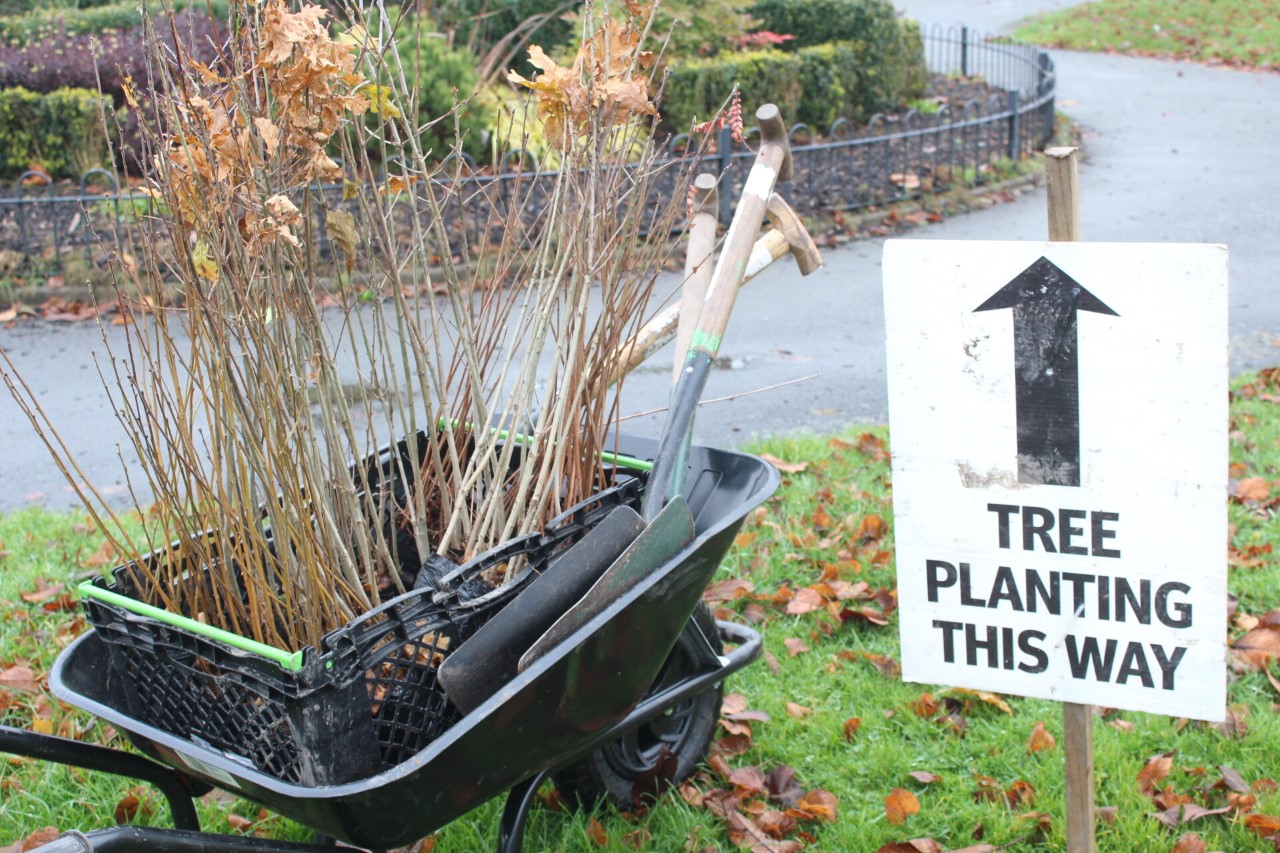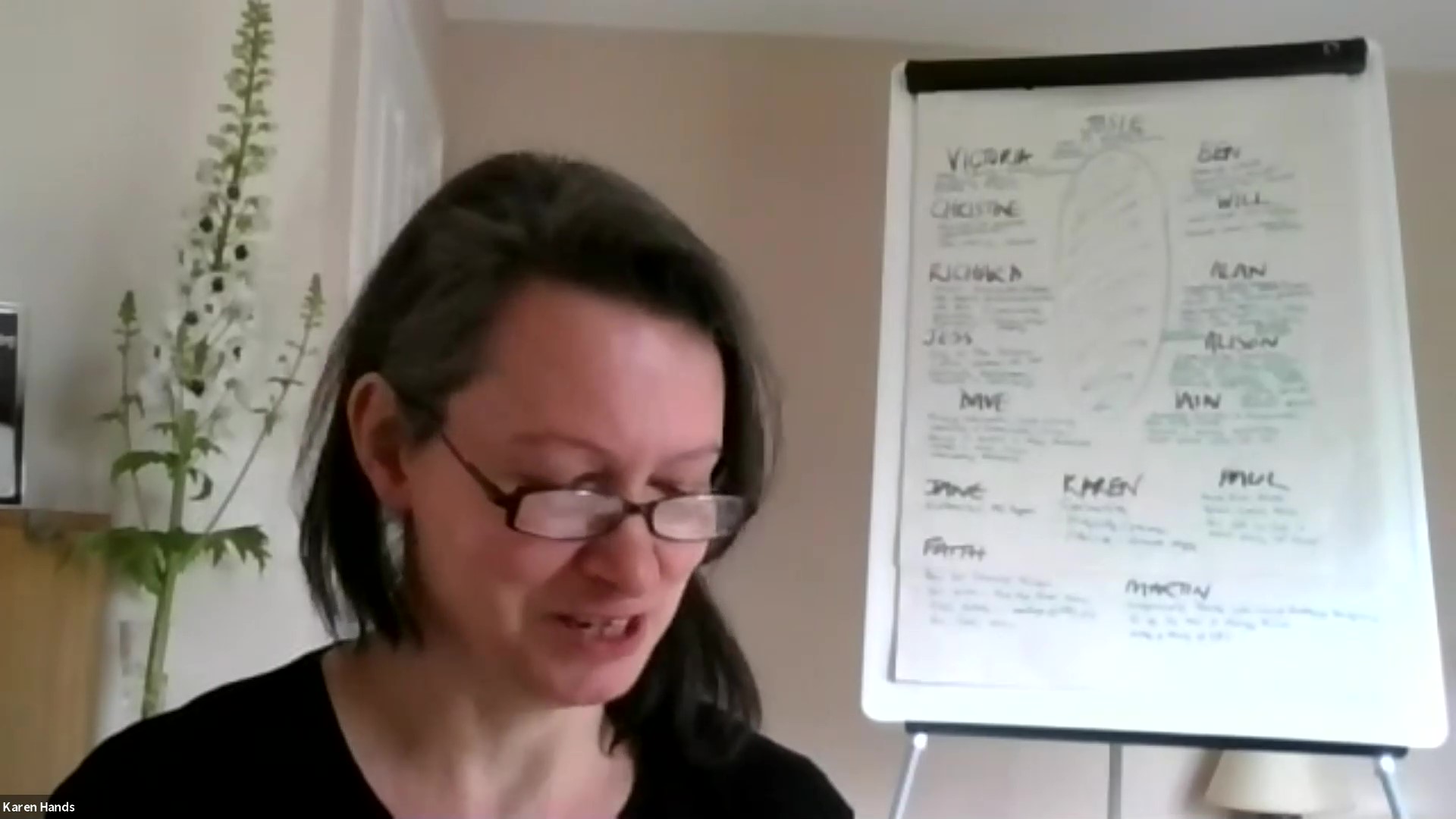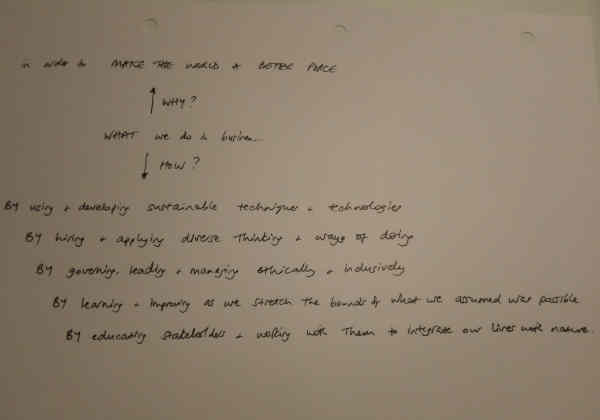Transferring leadership skills

I’ve got Board roles as well as an executive career, so why do I make extra time available for charity board activities? Perhaps I should re-phrase the question: what is it about charity boards that provides such a great opportunity for testing and developing skills?
It seems to fall into three steps for me:
- Despite the clear responsibilities and accountabilities of being a charity trustee, we’re all volunteers doing something good for society and the wider world, which can create a supportive environment with some fun attached.
- Perhaps because we’re volunteers, everyone has a passion that relates to the work of the organisation, which means that sparks can fly at times!
- We’re giving up our time for free and so it really does matter that we make things happen and see a difference in the world.
This combination has led me to conclude that people skills are crucial to charity board roles, but must sit within a context of a well-articulated and shared vision for the organisation. In an environment of collective responsibility, it falls to each of us on a charity board to step up when we can see a gap that we’re equipped to fill.
During the course of several voluntary board roles as a Trustee or Governor, I’ve identified a couple of areas where my skills have been especially valuable:
- Facilitating a process that brings people together to agree purpose;
- Holding difficult conversations with individuals so as to resolve emerging issues for the benefit of both the people involved and the organisation.
I’ve written previously about shared purpose in my article, Integrating ESG into business strategy, so today I want to focus on resolving issues through people. Team members in my executive role say I’m highly skilled at breaking bad news and giving people feedback that they probably didn’t want to hear. And just like any other skill, I’ve developed it through learning stages of preparation-action-review (PAR cycles). I used to put off holding these kinds of conversations, too! These days, I know that I can tackle problematic issues in ways that enable both the people and the organisation to move on, constructively, whatever the decision. It makes me a more rounded leader because difficulties between people hold no fear for me. I see them for what they are, and I know that resolution is only a conversation or two away.
In your day job, you might not see these kind of issues arising very often. However, within a framework of HR procedures, they take on real significance in the workplace. Jobs can be at stake. Of course this can happen in the voluntary sector too, but what I find with trustee roles is that conflict arises much more frequently due to the passion we bring, and the board mostly needs to find informal ways to get everyone working together again quickly. The stakes are high but we’re among friends, or at least with peers whom we respect. So there are plenty of opportunities to test yourself among people who will value your good intentions, even while your skills need practise.
What’s your experience of finding a safe environment in which to develop your skills, ready for transfer back into your career path?
(Photo courtesy of The Mersey Forest.)



0 Comments